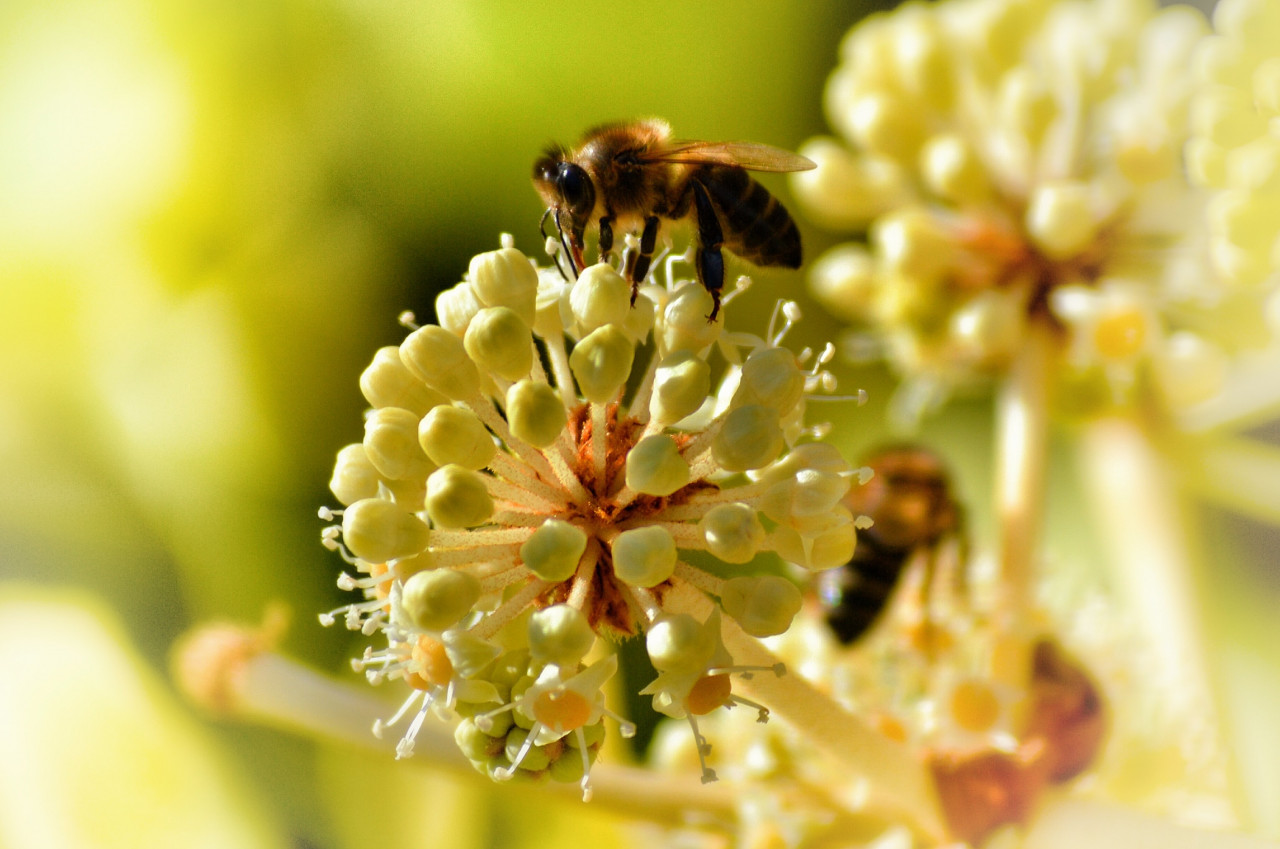Shifting global political priorities have not dampened institutional investors’ momentum in nature-based investments, according to new study.

Institutional investors are continuing to increase their exposure to nature investments despite an increasingly volatile geopolitical landscape, according to a new study by climate change investment and advisory firm Pollination.
The study, which focuses on investors already engaged with nature rather than the entire global investor community, is based on survey of 500 institutional investors in the UK, the US, Australia, Singapore and Japan, with assets under management ranging from $10bn to $500bn, who are currently looking at nature in their investment portfolio, either as a risk or investment opportunity.
While 96% of investors surveyed said the politicisation of ESG is affecting their investment strategies, almost all of them (99%) were planning to increase their nature-based investments, which is up from 68% in a 2023 survey.
The reason for investing in nature has shifted in recent years, with 43% of all investors saying they were doing it for financial returns, compared with risk mitigation and inclusion being cited as the main drivers in the firm’s previous survey on the topic.
“The politicisation of ESG has added noise, but our research suggests it has not slowed investor momentum. Institutional investors are increasingly aware that nature is central to long-term value creation and economic resilience. More than half of global gross domestic product depends on nature in some form, and investors are recognising that exposure to nature-related risks also means exposure to financial risk,” Mila Cerecina, non-executive director at Pollination, told Impact Investor.
There has been a significant shift in investor appetite for nature-based investments, with only 0.2% of all those surveyed this year saying they weren’t planning on boosting their allocation. This is down from more than a quarter in Pollination’s previous survey. The 0.2% were all small US-based asset managers.
Structural barriers
Although nature has gone from a niche interest to a key focus for major investors, structural barriers including a lack of returns, capability and access to opportunities remain, according to Pollination.
The findings reflect a market that is in transition, according to Cerecina.
“Investors see clear financial potential in nature-related investments,” Cerecina said. “But at the same time, they face practical challenges that limit their ability to act on that conviction. These include a lack of investable opportunities, difficulty in measuring impact, and limited internal expertise. So, while investors believe that nature can deliver returns, the systems and structures to access those returns are not yet fully in place.”
Cerecina went on to say this was especially true in emerging markets or newer asset classes, where the data and track record are still in development.
Risks
Investors have gained a greater understanding of nature-related risks since its first survey two years ago, according to Pollination. While agriculture and property were the top sectors perceived to carry the highest amount of nature-related financial risk in its 2023 survey, chemicals, materials and manufacturing emerged as the main concerns in the 2025 edition.
In order to boost their exposure to nature, institutional investors said they are increasingly turning to specialist expertise, acquisitions and partnerships. The appetite for acquisitions was strongest among very large investors, and in the UK, according to Pollination.
Forty-two percent of UK investors said they are planning to buy specialist investment firms to increase their nature exposure, while 52% of respondents in Singapore said they would continue to focus on bringing in experts. Forty-four percent of Australian investors said they would form new partnerships to boost nature investments.
“Investors need a stronger pipeline of investable projects, greater confidence in the data, and more consistent standards. There is growing interest in tools such as nature-linked debt, blended finance, and real asset funds, especially in agriculture and infrastructure,” Cerecina said.






